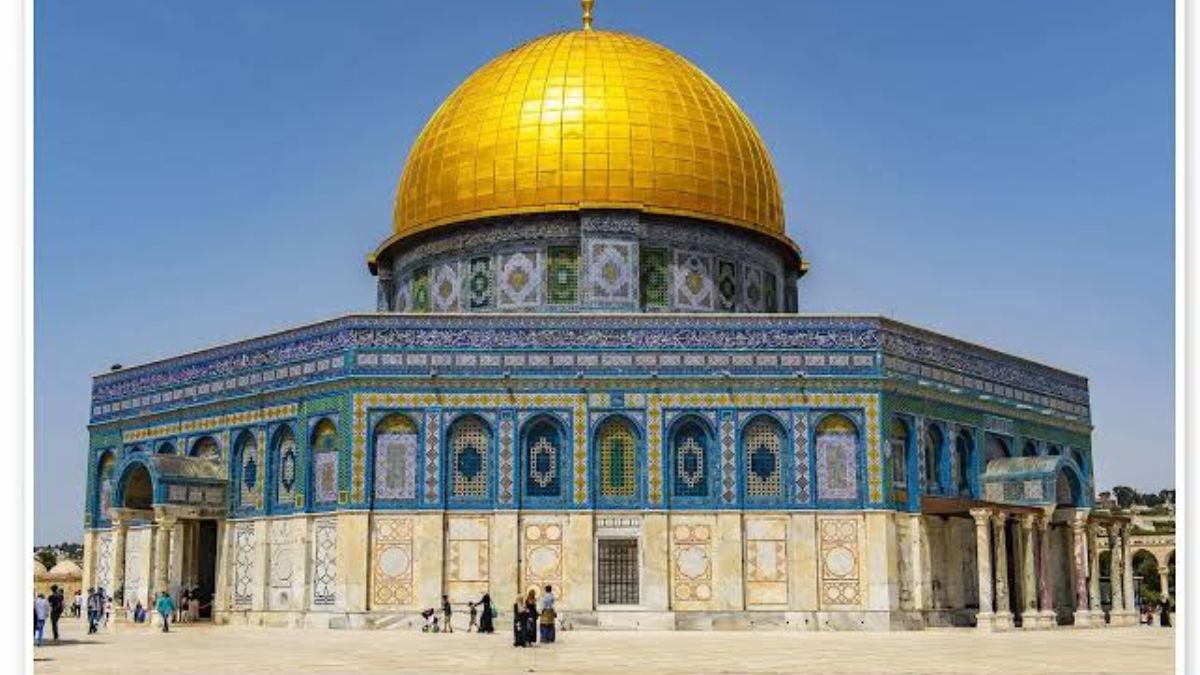The Islamic Emirate has issued a strong condemnation of recent statements by Israeli authorities regarding the proposed construction of a synagogue within the Al-Aqsa Mosque compound in Jerusalem. The Emirate, which governs Afghanistan, denounced the plan as a blatant disregard for religious sanctity and international laws.
In a statement released today, the Islamic Emirate criticized the Israeli authorities for their perceived disrespect towards holy sites and international norms. The Emirate described the proposal as a provocative move that undermines the historical and religious significance of Al-Aqsa, a site revered by Muslims worldwide.
Afghanistan’s response reflects broader regional and international concerns over the status of Al-Aqsa, a site of intense religious and political significance. The mosque, located in East Jerusalem, is one of Islam’s holiest sites, and any changes to its status are highly contentious and often lead to heightened tensions.
Additionally, the Islamic Emirate has called on both Islamic and non-Islamic nations, as well as international organizations, to take a stand against what it describes as the aggressive actions of the Israeli regime. The Emirate has urged the global community to intervene and prevent what it sees as potential human rights abuses and genocidal actions in Gaza, a region that has experienced significant conflict and humanitarian crises.
The statement underscores the Emirate’s broader position on Middle Eastern affairs and highlights its concerns about ongoing violence and the treatment of Palestinians. The call for international action aligns with the Emirate’s broader stance on advocating for Palestinian rights and opposing Israeli policies in the region.
This condemnation adds to the growing international debate over the Israeli-Palestinian conflict and the status of Jerusalem, a city central to both religious and geopolitical disputes.

